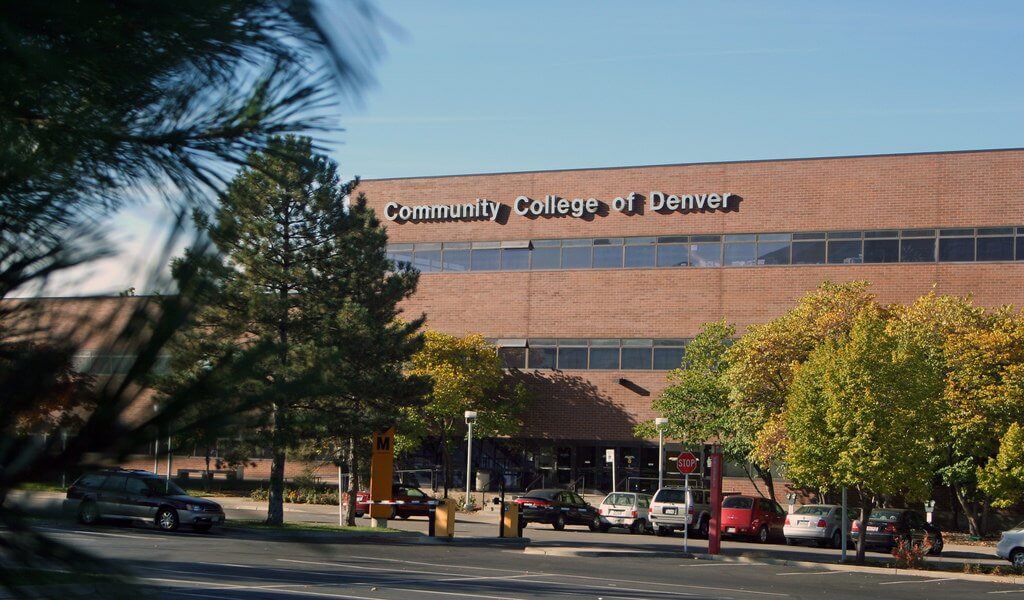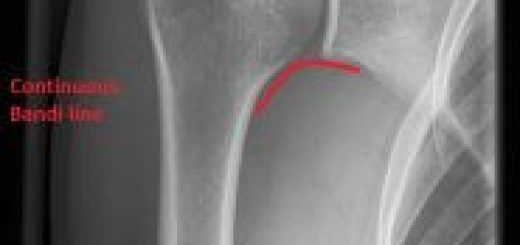How Much Does Community College Cost
Billions of students wanted to take footsteps on huge universities to get their dream degree but are strangled to the cost that comes with it. Community college is your new superman. Community college is also known as Junior College as it is one step away from entering four-year degree courses.
Community college is affordable and practical at the very peak. It can be up to 50% less than the cost of the universities. They offer two-year courses, enough to inherit technical skills and advanced intellect knowledge. But just like any other schools, the average cost of community college must be financially planned beforehand.
Community College Cost
Different schools have overwhelming tuition fees to offer. Many have enrolled for community college because of its compound learning system and cost-efficient courses. The average tuition for community college has a wide variation understandably across the states and schools.
There are community colleges in every state. In-state enrollees get much lower tuition fee than the out-of-state students. For instance, according to Cost Helper, the average tuition for community college for in-state residents is only $7,500 up to $25,000 per year, compared to the tuition fee of out-of-the-state students that cost $12,000 all the way up to $35,000. It is suggested to get enrolled on colleges within your community.
Big Future also gave an adequate answer to how much does community college cost. Public two-year college for  in-district students is $3,440 per year, which in average, cost $1,720 per semester. Public four-year college for in-state students is $9,410 per annum and $23,890 for out-of-the-state students. Private college for 4-year course is approximately $30,000 higher for every year.
in-district students is $3,440 per year, which in average, cost $1,720 per semester. Public four-year college for in-state students is $9,410 per annum and $23,890 for out-of-the-state students. Private college for 4-year course is approximately $30,000 higher for every year.
The average cost of community college will also depend on the number of courses and number of credits required. For example, an in-state student in Philadelphia which has 13-credit load must pay $1,989 for tuition fee, $390 for technology fee, $52 as for the general fee, and $150 for additional courses, which in total, goes up to $2,581 per semester.
As articulated by USNews, American Association for Community Colleges has an annual fact that says the “average annual tuition and fees for students attending public two-year colleges in their communities were just $3,260 in 2013-2014, compared with nearly $8,900 for those enrolled as in-state students at four-year public universities.”
Breakdown of the Cost
Some community colleges base the tuition fee according to the number of course or the number of credits taken. Majority of community colleges offer part time study, mostly a basic three-credit course. A 15-credit on a single semester will cost $1,000 up to $10,000 for in-state students; double the price to get the annual tuition fee.
To get the total expenditure for attending community college, it is important to evaluate the breakdown to get the accurate answer to how much does community college cost.
Course fee is basically $85 to $350 per course. The inclusions are fees for laboratory, clinical instructions, and instructional hours. Technology fee is usually based on every course or every credit. The technology fee is approximately $30 to $90. General fee or admission fee is $4 per credit.
There are several additional expenses associated when studying college. The housing, books, supplies, and transportation is excluded on the tuition fee. This must be financially considered especially for those out-of-state students.
For students from outside the state, the total housing cost for a year will range from $3,500 up to $5,000. This will be reduced up to 30% if student will stay on a relative from the state within. Transportation fee will go $1,500 up to $3,000 a year depending on how far your accommodation is from the school. Books and supplies will be $1,000 up to $2,300 accordingly to the need of each course.
Aiding the Cost
While attending college sounds very costly, financial aids can help you reduce the spending and get more of the learning. Financial aids can be acquired by every prospect students that will qualify the stiff requirements. Scholarship and grants can help you pay a part or the entire tuition fee. Work-study is a program that lets the student work part-time to earn money for the expenses. Student loan can also help pay the tuition fee, but it must be paid after some time.
Other fee that must be pre-included on the budget is the tuition fee deposit that cost $50 to $100, subject to school. Late registration will charge you $30 to $50. Fees for school ID, examinations, and other student organization must be paid out-of-the-pocket.
Throwing back the ball, how much does community college cost? The estimations given above are based on the average cost of community college in general. The price will deeply vary to which school you want to attend, the number of courses, and the number of credits. You should also consider whether you study full time or part time. Public schools are cost-effective and affordable but the price might get quite higher for out-of-the-state students.
The average tuition for community college is $1,500 up to $25,000 per year for in-state students. Twice the price applies for students from outside the state. Mathematically, the price will range from $45 to $250 per credit. Sixteen weeks of community college with 3 required credits will cost approximately $2,700. Boarding, food, transportation, books, and other consumables are yet excluded. The community college tuition can be said 60% less than in public universities that generally cost $7,500 or higher per year.
Is community college worth paying for? The answer is best explained by the benefits that come after the study. It’s funny to think you have to spend a thousand dollars to acquire knowledge and skills. Spending for community college is an investment for a secure and financially managed future. There is truly no such virtue than gaining knowledge.












